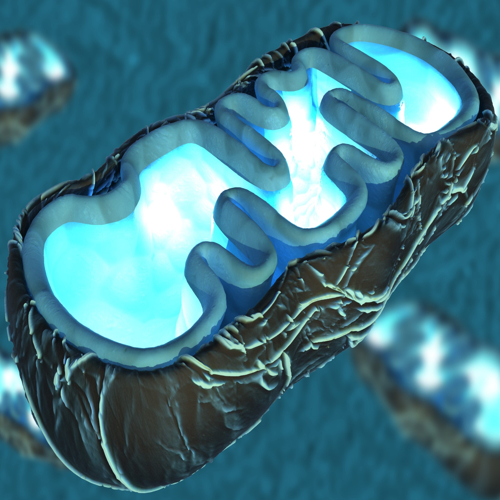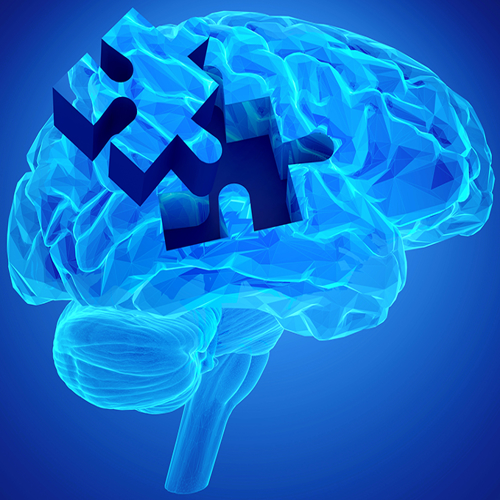Key points from article :
Scientists from Johns Hopkins Medicine, led by Hiromi Sesaki, Ph.D., and Miho Iijima, Ph.D., have uncovered how key proteins act as “guardians” to maintain mitochondrial health, offering fresh insights into the causes of neurodegenerative diseases like Parkinson’s and ALS. Their study, published in Nature on March 20, shows that proteins Parkin, PINK1, and OMA1 regulate the size and function of mitochondria—organelles critical for cell energy production.
Using genetically engineered mice, the team found that knocking out two of these proteins led to abnormal mitochondrial enlargement, movement problems, and increased neuroinflammation, while removing only one protein had little effect. This suggests a “double-lock” system protects mitochondria under normal conditions.
Interestingly, despite mitochondrial stress, the mice’s energy levels remained stable. Instead, problems arose when mitochondrial DNA leaked into the cell's cytosol, triggering inflammatory responses. The researchers hope this discovery will open new avenues for treatments targeting mitochondrial health in neurodegenerative diseases.







